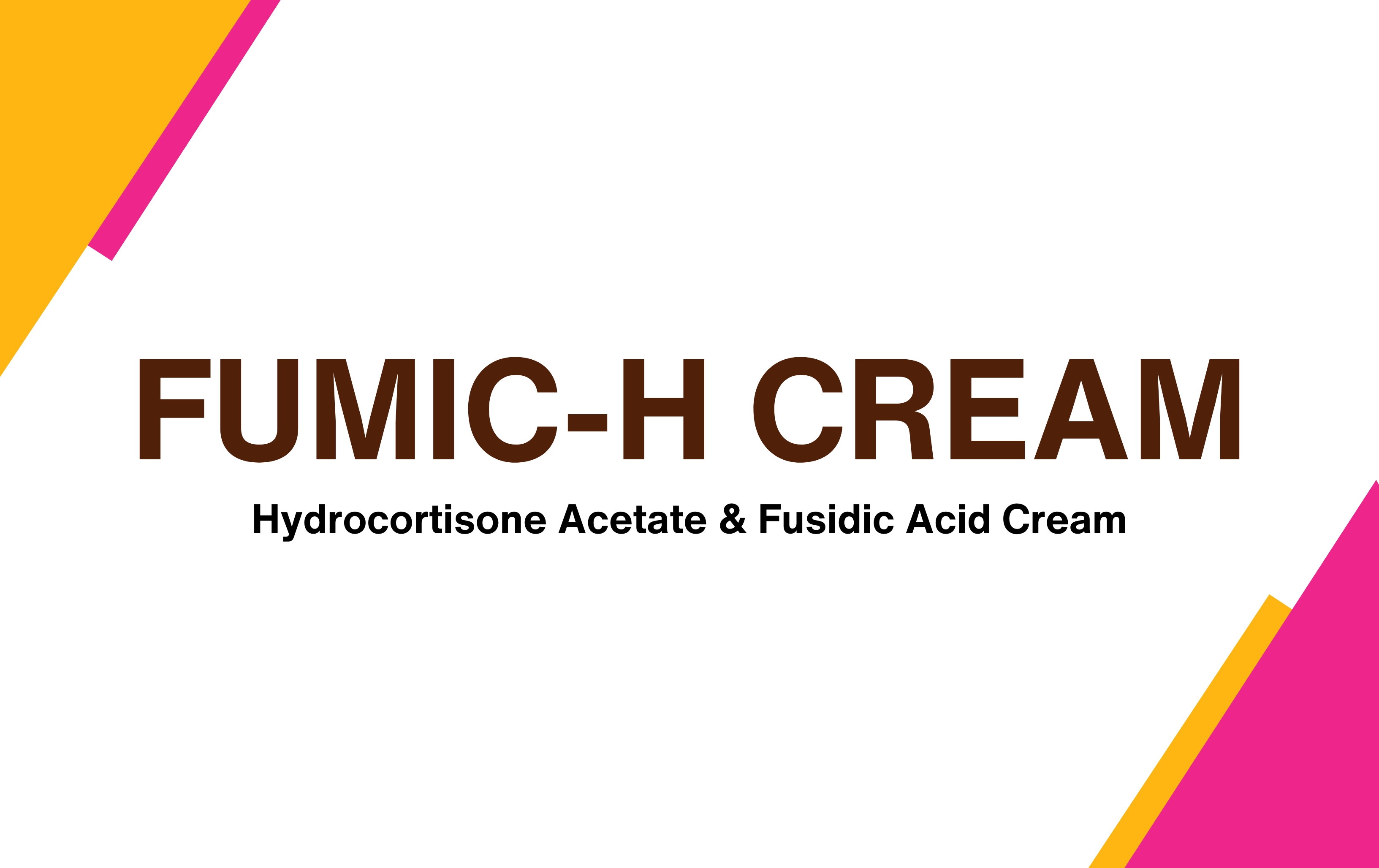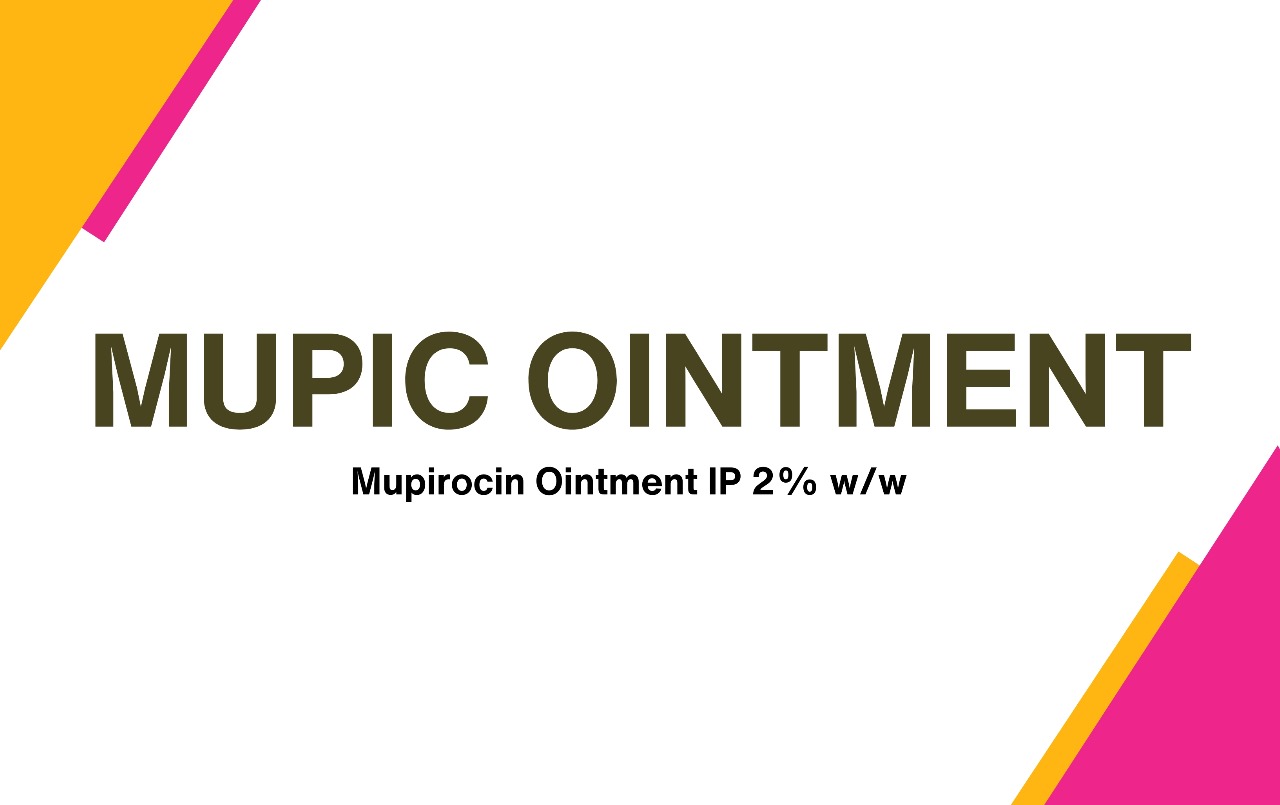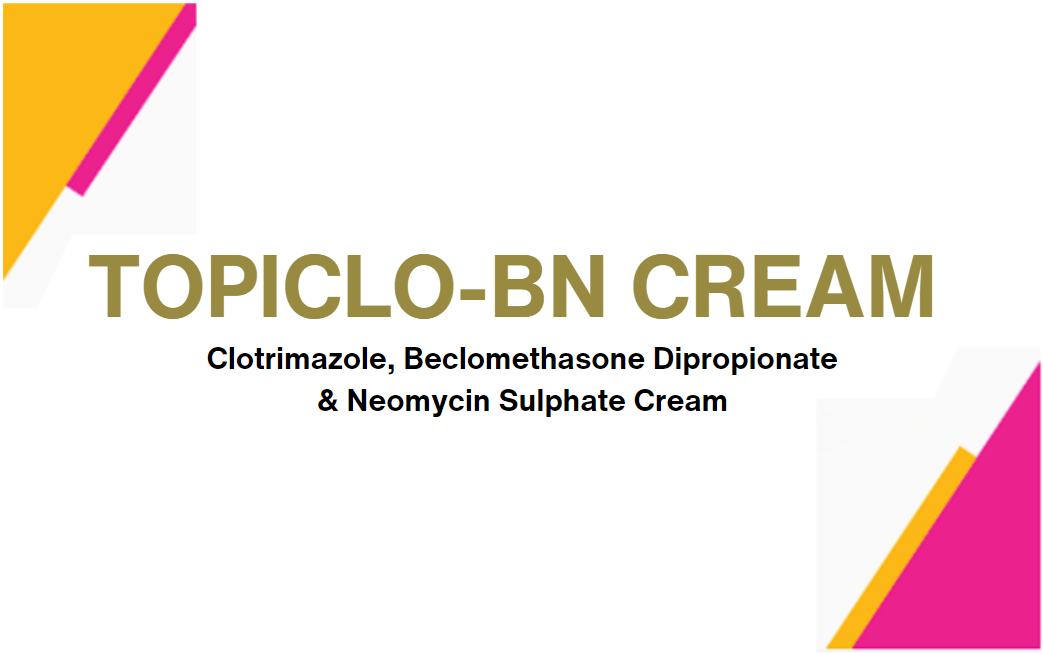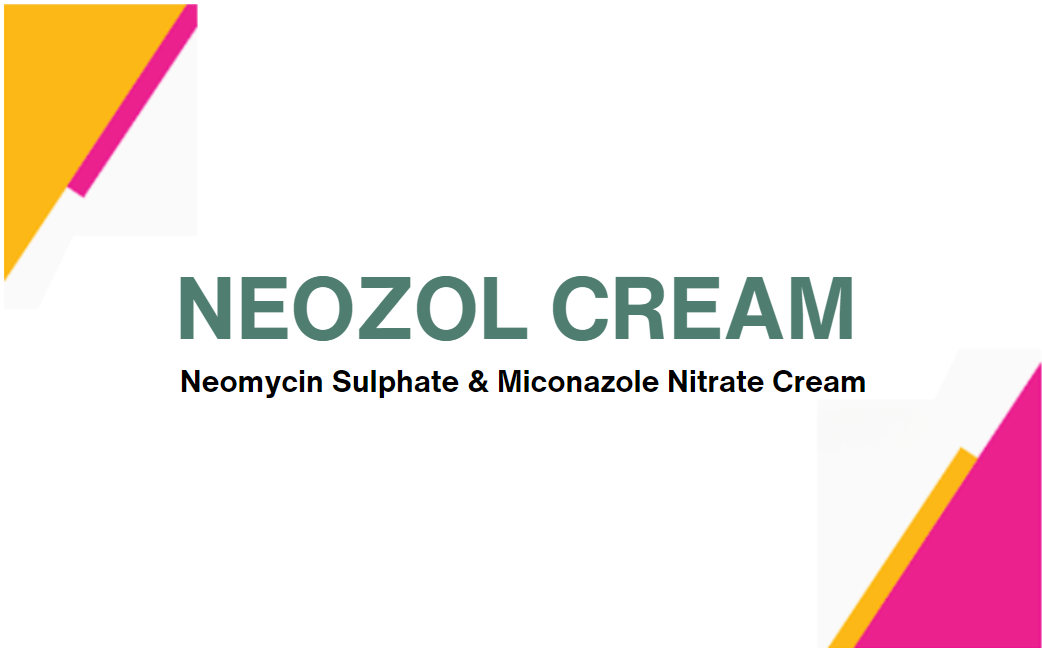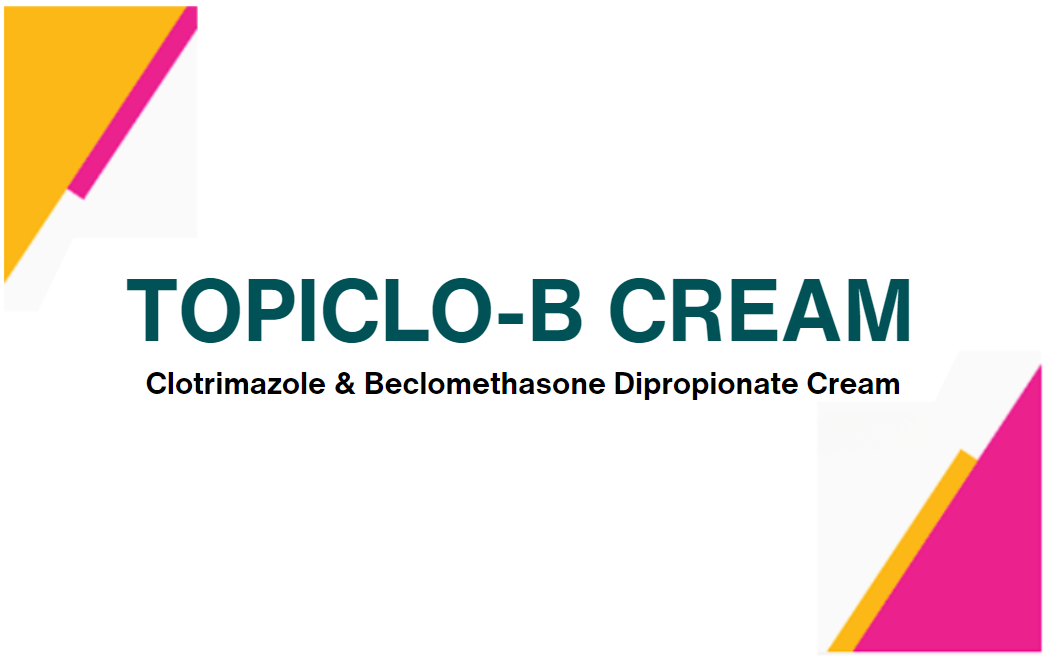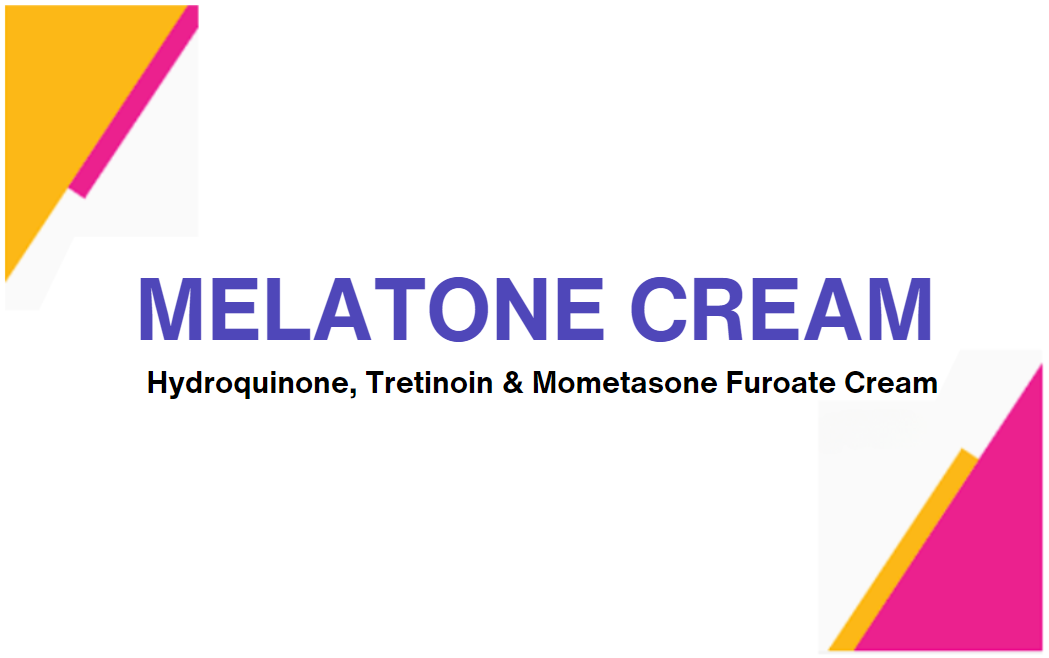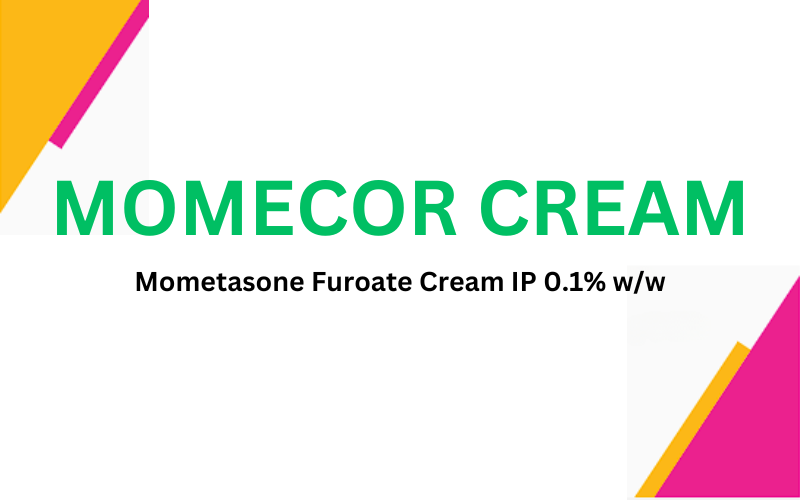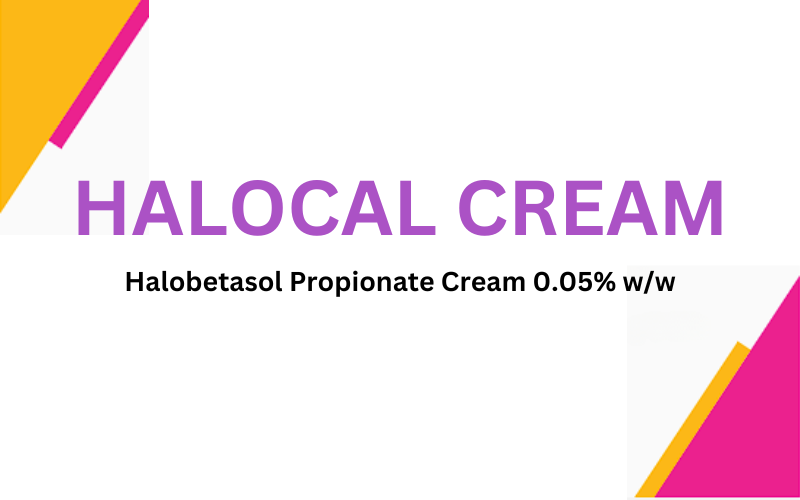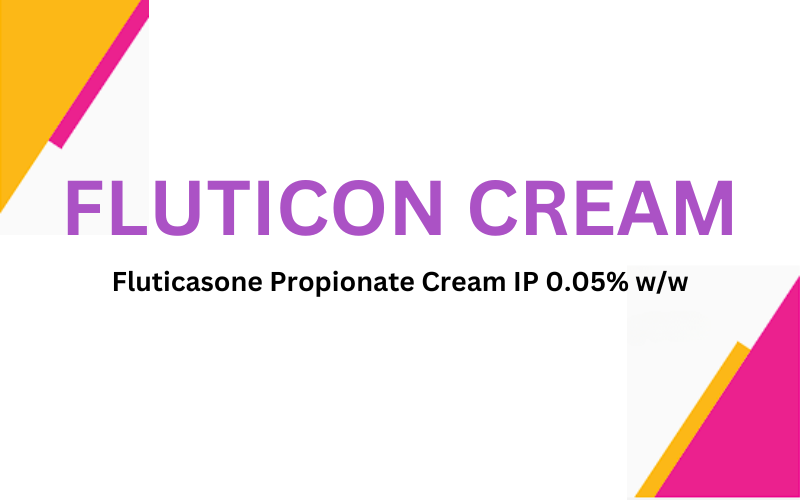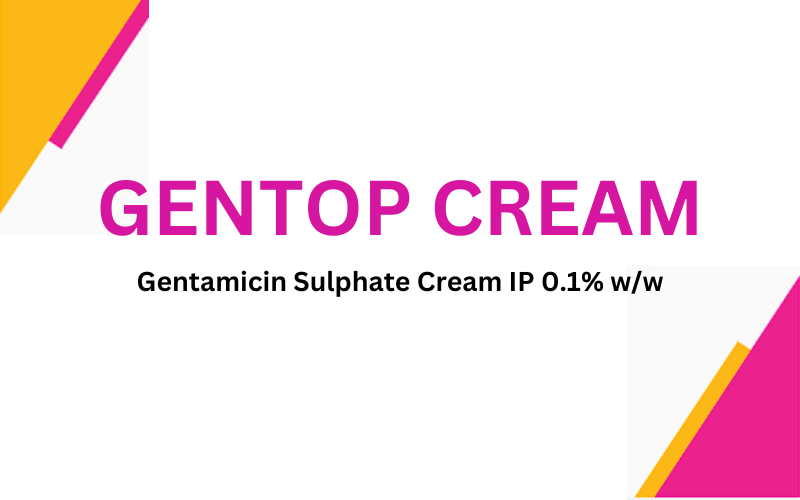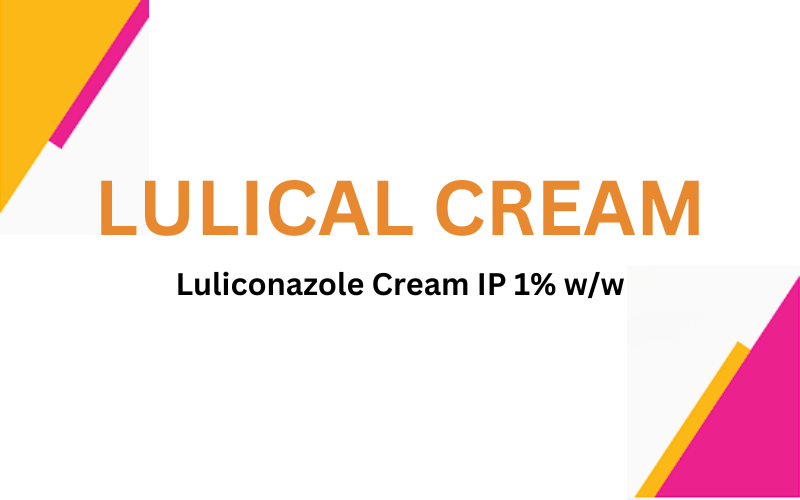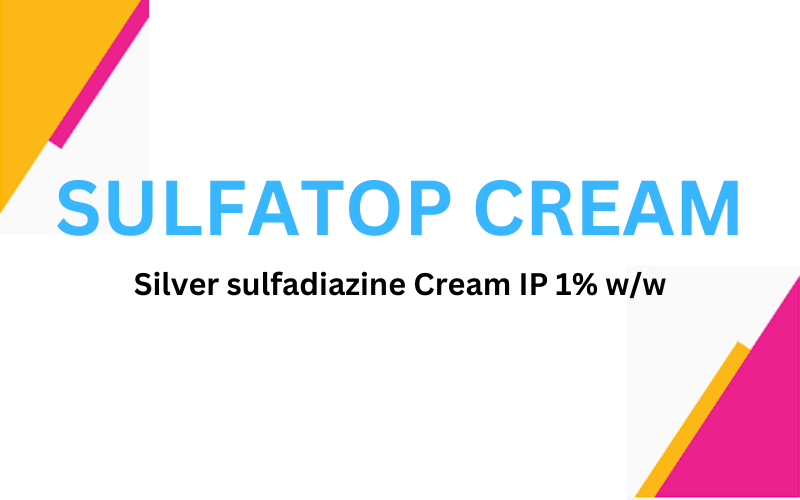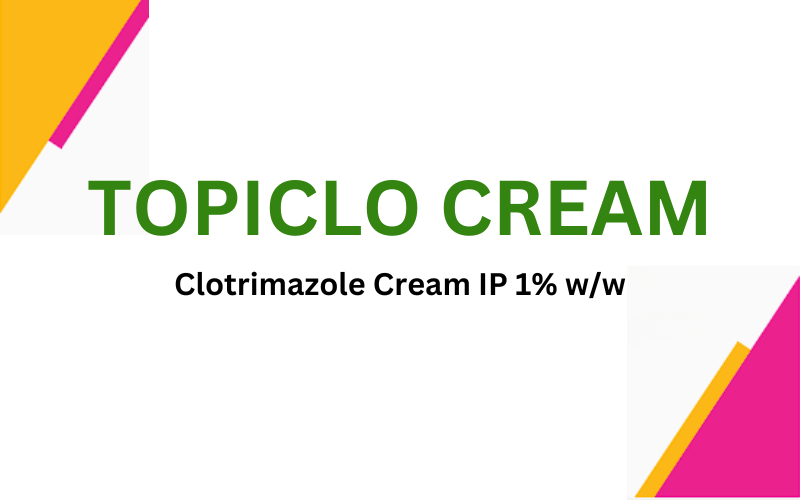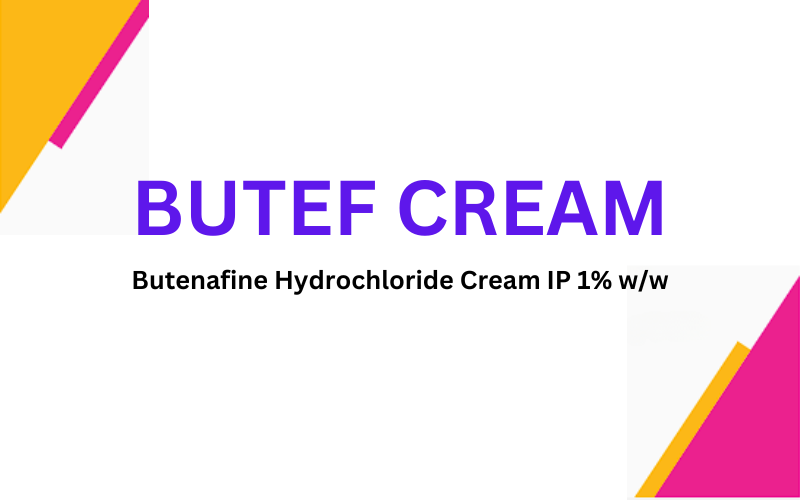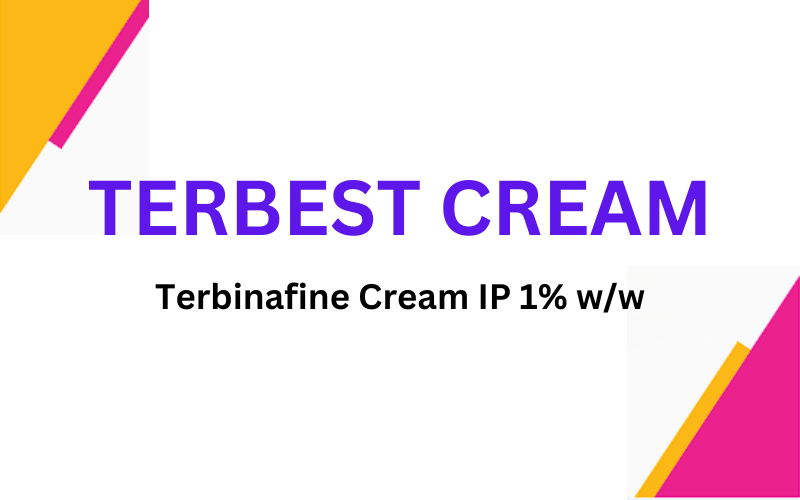Recent Search Keywords
- info@magnuspharma.com.np
- marketing@magnuspharma.com.np
- (+977) 01-5366878 / 4249929
IRGONOL CREAM
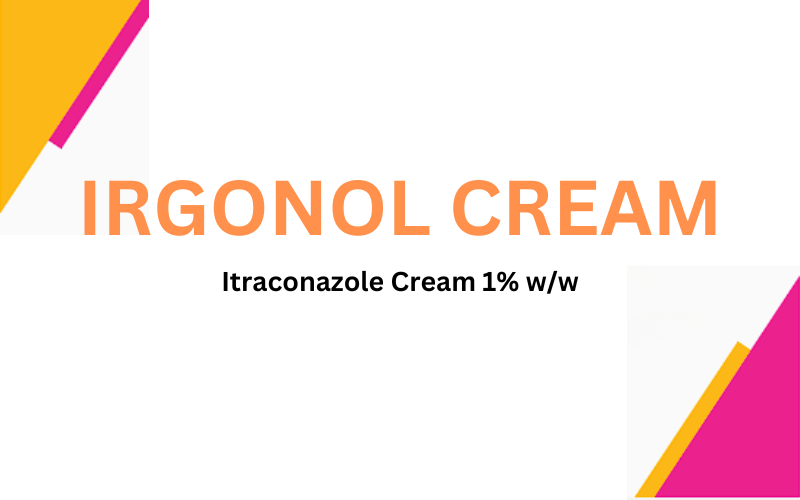
IRGONOL CREAM
Itraconazole is an antifungal agent used for the treatment of various fungal infections in immunocompromised and non-immunocompromised patients, such as pulmonary and extrapulmonary blastomycosis, histoplasmosis, and onychomycosis. Itraconazole is sometimes used for inflammatory skin disease such as atropic eczema, seborrheic dermatitis or psoriasis, if fungus or yeast is thought to be contributing to the condition.
Itraconazole impairs the synthesis of ergosterol in fungal cells. Ergosterol is a vital cell membrane component in fungi. Impairment of its synthesis ultimately results in an antifungal effect.
Plasma concentrations of Itraconazole were not detectable after topical administration of Nizoral 2% Cream in adults on the skin. In one study in infants with seborrhoeic dermatitis (n = 19), where approximately 40 g of Nizoral 2% cream was applied daily on 40% of the body surface area, plasma levels of Itraconazole were detected in 5 infants, ranging from 32 to 133 ng/mL
Itraconazole can be applied once or twice daily. Method of administration One fingertip unit (a line from the tip of an adult index finger to the first crease) is enough to cover an area twice the size of an adult hand. Itraconazole cream is only applicable for external use only. Use this cream as per the doctor's prescription. Gently massage the affected area until the cream totally absorbed. Rinse with cold water if this cream gets into your eyes. Paediatric population Itraconazole 1% w/w Cream is not recommended for use in children below 2 years of age as the safety and efficacy of Itraconazole 1% w/w Cream in this age group has not been established.
IRGONOL Cream is available in 15 g of pack filled in laminated tube & packed in Carton.
